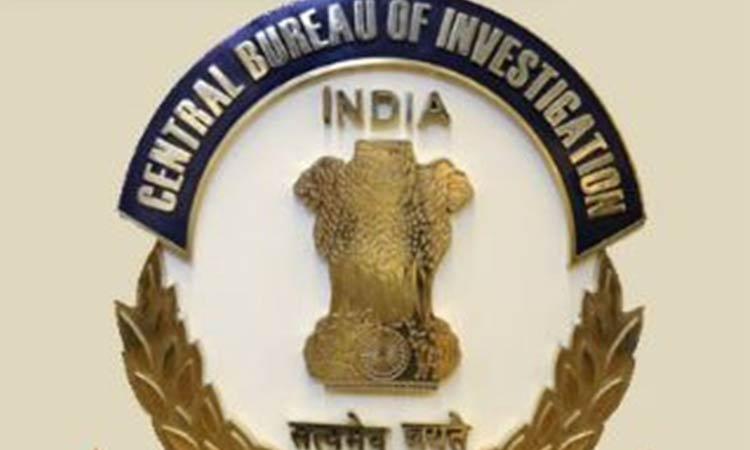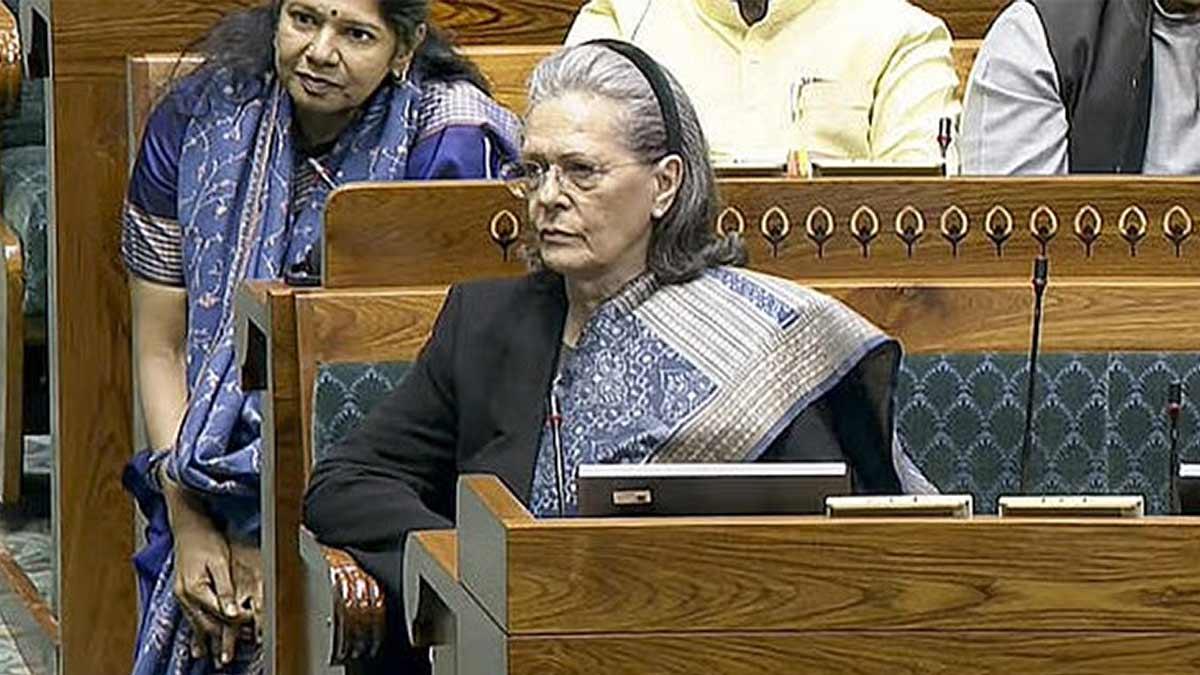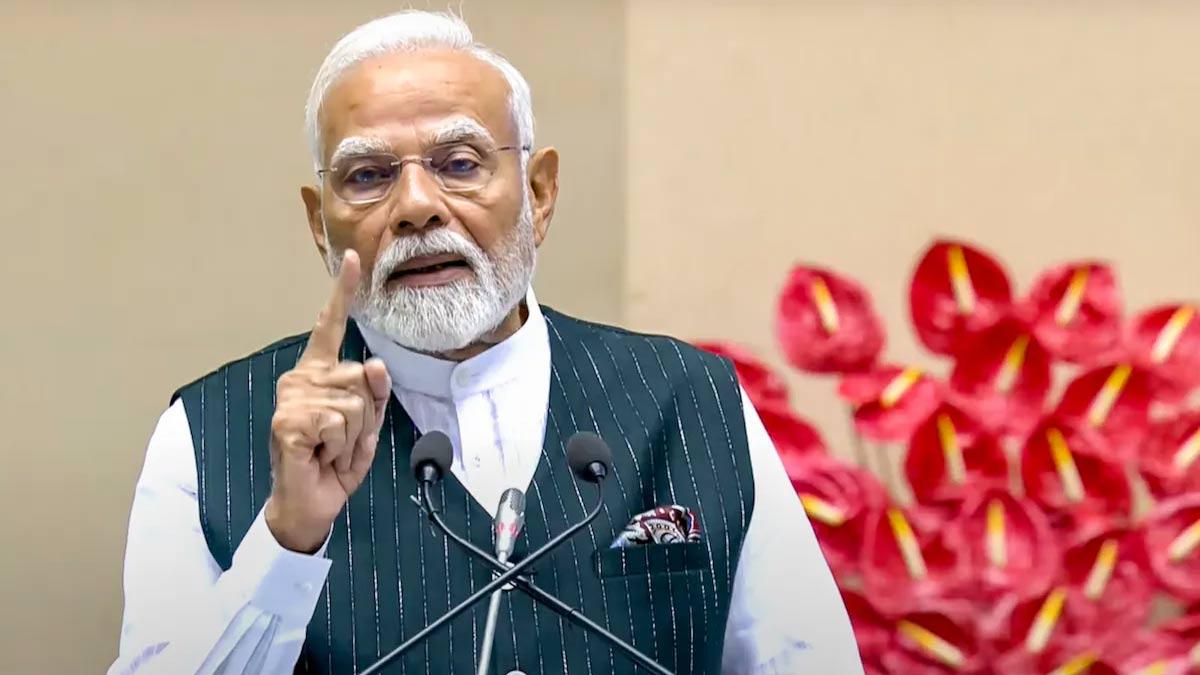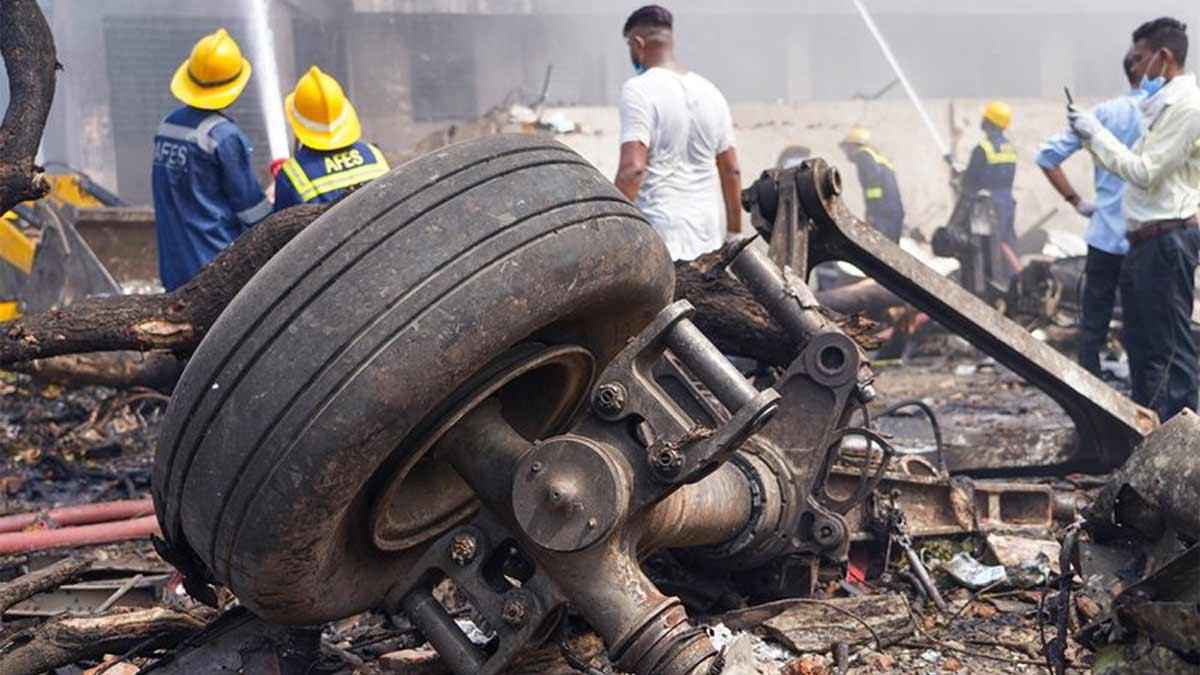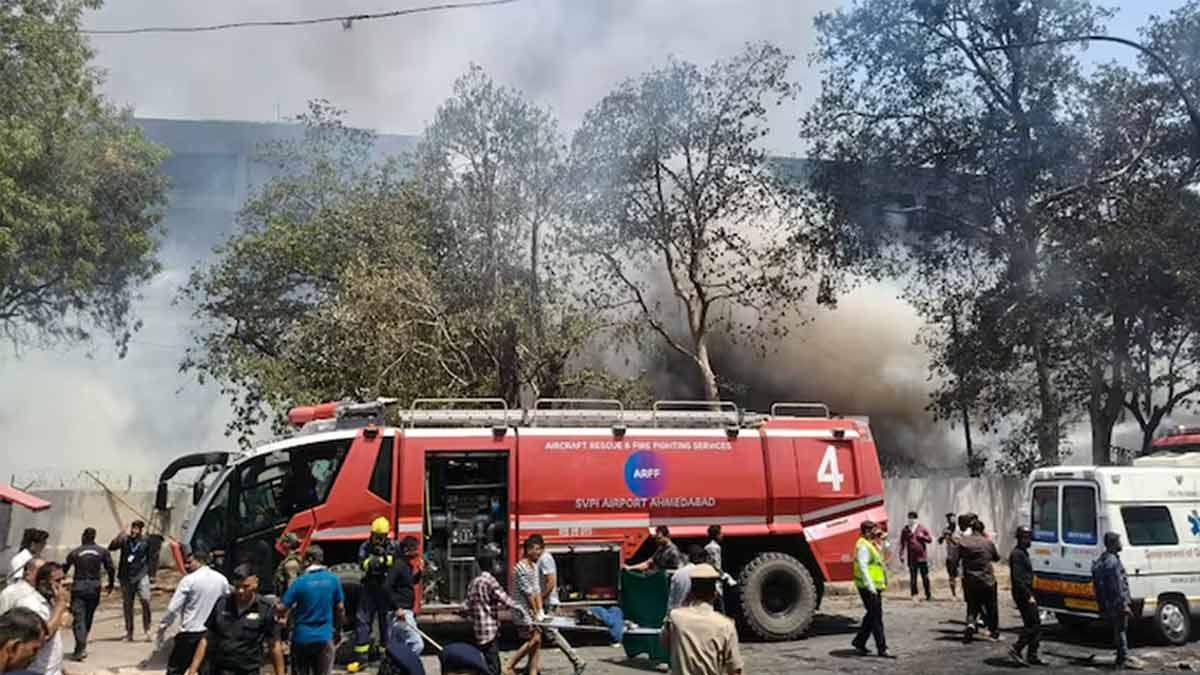The Central Bureau of Investigation (CBI) on Tuesday contended before the Delhi High Court that there were "glaring illegalities" in the December 2017 trial court order acquitting key accused, including former Telecom Minister A. Raja, and companies involved in the 2G spectrum allocation scam case.
The CBI's counsel had claimed on Monday that the verdict was riddled with "erroneous conclusions" and lacked a solid legal foundation.
During the hearing on Tuesday, the probe agency argued that the evidence placed before the special court was "disregarded".
Appearing for the CBI, advocate Neeraj Jain said: "I will demonstrate that there are glaring illegalities in the (trial court) judgement. The evidence placed by the CBI was disregarded. Appreciation of evidence was completely wrong. I will show that the judgement was perverse and there were flaws in it."
Justice Dinesh Kumar Sharma has listed the matter for hearing next on May 29.
This appeal comes after the CBI had initially concluded its submissions on the matter of "leave to appeal".
According to the CBI lawyer, the case revolves around "five key issues" of misconduct, namely the collusion between government officials and telecom operators, manipulation of a cut-off date, violation of the first-come-first-serve principle, failure to revise the entry fee, and the presence of a money trail worth Rs 200 crore.
The lawyer further stated that the unlawful actions of the accused resulted in a staggering loss of Rs 22,000 crore to the public exchequer.
Simultaneously, the Enforcement Directorate (ED) has also lodged an appeal challenging the acquittal of all the accused in a related money-laundering case, which is currently pending before the court.
Advocate Vijay Aggarwal, representing some of the acquitted individuals, including R. K. Chandolia, argued that if an accused is cleared of the scheduled offense, the same outcome should apply to the money-laundering case as well.
On April 23, the high court had asked the CBI, the ED, Raja, and other parties to submit their submissions in the appeal contesting the acquittal of the defendants and companies in the 2G spectrum allocation case.
Justice Sharma had asked the parties to file only brief written submissions.
Judge Brijesh Sethi, who presided over the case in the past but resigned on November 30, 2022, had on November 23 discharged it from his board due to lack of time.
Before demitting the office, Justice Sethi had decided various petitions and applications filed by the acquitted individuals and firms in the three cases arising out of the 2G scam probe lodged by the CBI and the ED.
After the CBI concludes submissions in its main case, the high court will take up the money laundering case brought by the ED, in which also all of the accused were acquitted by the special court.
On December 21, 2017, a special court acquitted Raja, DMK MP Kanimozhi, and other defendants in the scam-related CBI and ED cases. On March 19, 2018, the ED approached the high court challenging the special court's order acquitting all the accused.
A day later, the CBI too challenged in the high court the acquittal of the accused in the case. The CBI had told the High Court that the trial court verdict in the 2G spectrum scam case, which acquitted all the accused persons, was challenged following an opinion from the Central government that it is a "fit case" for appeal.
The scam came to light almost seven years ago when the Comptroller and Auditor General, in a report, held then Telecom Minister Raja responsible for causing the state exchequer a loss of Rs 1,76,379 crore by allocating 2G spectrum licenses at throwaway prices. However, the trial court found that the prosecution failed to prove the charges.
This verdict, however, did not override the Supreme Court judgement that the licenses issued during 2G spectrum allocation were illegal.
Also Read | Ishita Kishore tops UPSC, top four seats bagged by women
Also Read | Aadhaar authentication surges with 1.96 billion transactions in April 2023

